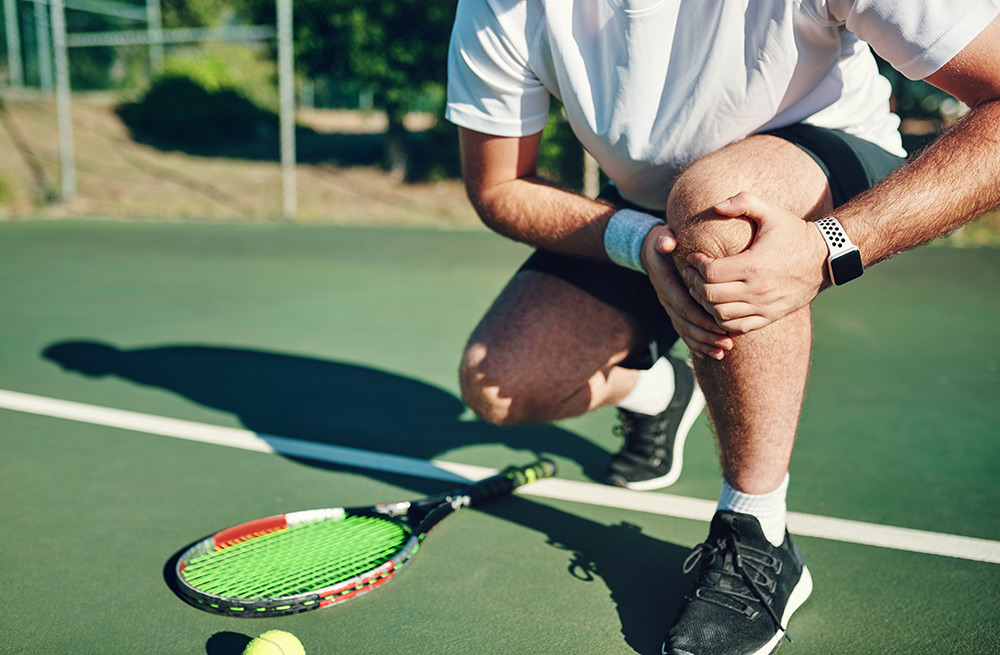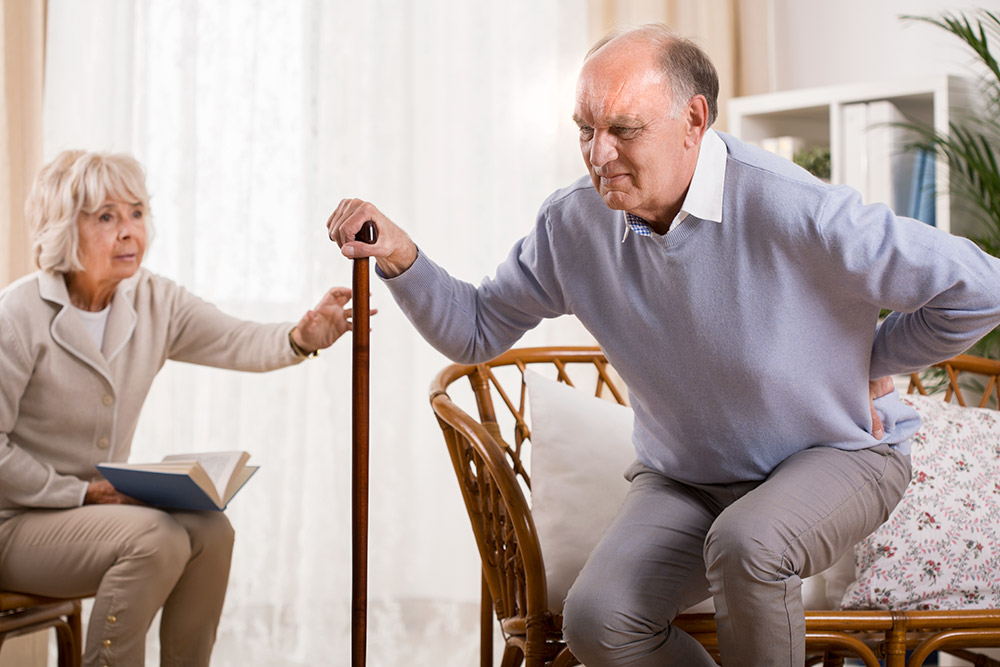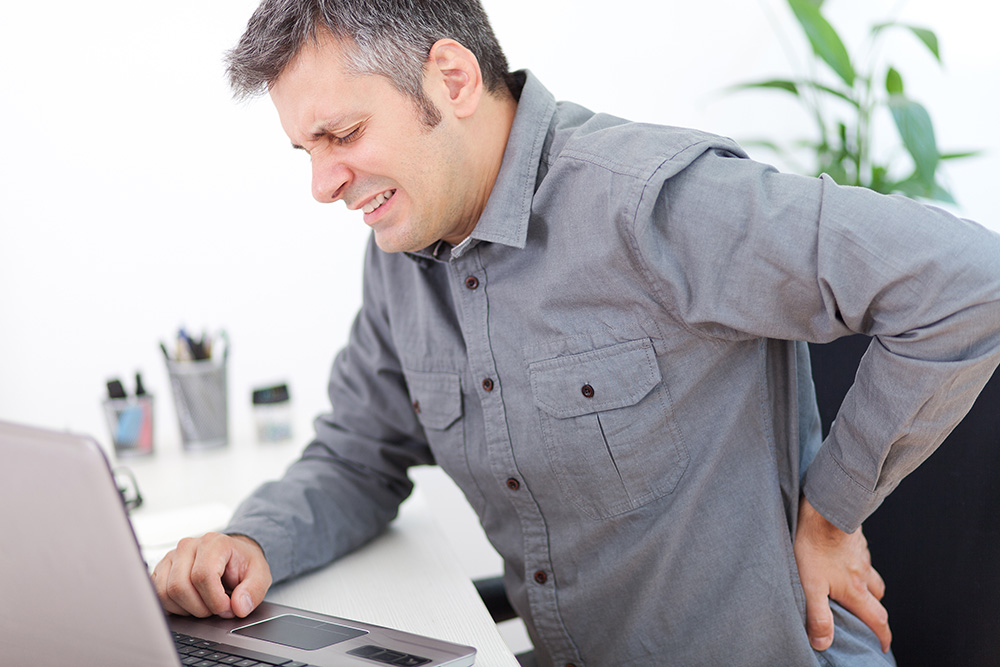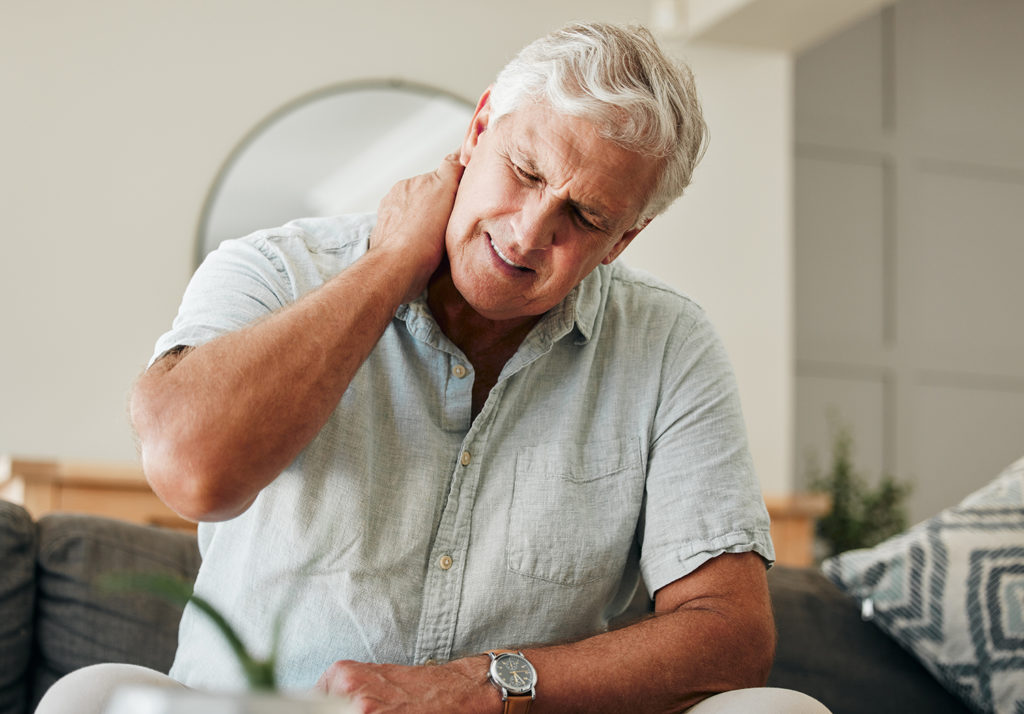Can acupuncture help with the effects of Parkinson’s?
Please note, this information is provided by the British Acupuncture Council for reference.
Parkinson’s disease (PD) is a progressive neurodegenerative condition. In the UK, around 16–18 in every 10,000 have Parkinson’s disease.(Mutch 1986) It is loss of dopamine-containing cells in the substantia nigra area of the brain that results in the typical symptoms of rigidity, bradykinesia, tremor and postural instability.(Mutch 1986) Parkinsonism can also be caused by drugs, and conditions that are less common than PD. These include multiple cerebral infarction and degenerative conditions such as progressive supra-nuclear palsy (PSP) and multiple system atrophy (MSA).(NICE 2006)
The condition can severely limit function with, for example, about 10% of those with Parkinson’s disease being dependent on a wheelchair.(Mutch 1986) By the time of death, the affected region of the brain has lost 50–70% of its neurons compared with the same region in unaffected individuals.(Mutch 1986) The only consistent environmental factor associated with Parkinson’s disease is cigarette smoking.(Davies 2008) At present, there are no proven neuroprotective therapies; only symptomatic treatments are available. These include drugs therapy such as levodopa and dopamine agonists, MAO-B inhibitors and COMT inhibitors, surgery and physiotherapy.
References
Davie CA. A review of Parkinson’s disease. Brit Med Bull 2008; 80: 109-27.
Mutch WJ et al. Parkinson’s disease in a Scottish city. BMJ 1986; 292: 534-6.
NICE (2006). Parkinson’s disease. Clinical guideline 35 [online]. Available: http://www.nice.org.uk/nicemedia/live/10984/30088/30088.pdf
How acupuncture can help
This Factsheet focuses on the evidence for acupuncture in the management of patients with Parkinson’s disease.
There have been two systematic reviews on the subject, both of which found evidence that acupuncture may be effective for treating idiopathic Parkinson’s disease, but also concluded that more (and larger) high quality studies are needed to confirm this. (Lam 2008; Lee 2008).
There have been several randomised controlled trials published since these systematic reviews. In two studies acupuncture (Mei 2010) or acupuncture plus Chinese herbs (Huang 2009) were at least as good as orthodox medication. Also, adjunctive acupuncture has been found to improve the therapeutic effect of drugs alone (Ren 2008, Chang 2008). In one trial both standard and bee venom acupuncture (i.e. injecting dilute bee venom into acupuncture points) were superior to a no-treatment control (Cho 2012). These studies also suggest that an adjunctive acupuncture regime could allow lower doses of medication to be used, and hence fewer side effects. However, the trials have continued to be small, and not replicated in the West, so the systematic review caveats still hold.
In general, acupuncture is believed to stimulate the nervous system and cause the release of neurochemical messenger molecules. The resulting biochemical changes influence the body’s homeostatic mechanisms, thus promoting physical and emotional well-being.
Research has shown that acupuncture treatment may specifically help in the management of Parkinson’s disease by:
- affecting neural mechanisms involving the basal ganglia-thalamocortical circuit of the brain (Chae 2009);
- increasing cerebral blood flow in the most affected hemisphere (Huang 2010);
- improving cerebral glucose metabolism (Huang 2009);
- enhancing synaptic dopamine availability, which may play a critical role in motor function improvement (Kim 2011a);
- attenuating neuronal damage and increasing the number of neurons in the substantia nigra (Yang 2011,Wang 2010);
- activating the PI3K/Akt signalling pathway (and hence regulating cellular survival) in the substantia nigra, (Kim 2011b);
mobilising the antioxidant defence system (via substances such as superoxide dismutase) to protect neurons in the nigrostriatal system (Wang 2011, Yu 2010
For information about Acupuncture and how treatment may help, please speak to Rebecca Bond at Broadwater Osteopaths, Worthing on 01903 820206.






